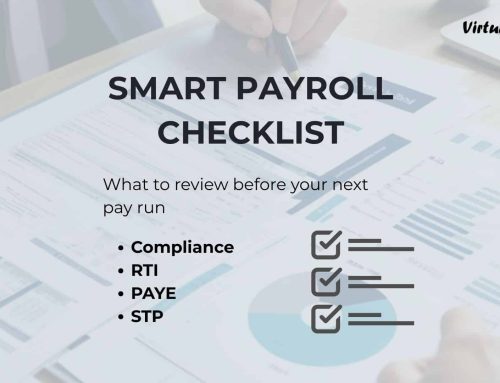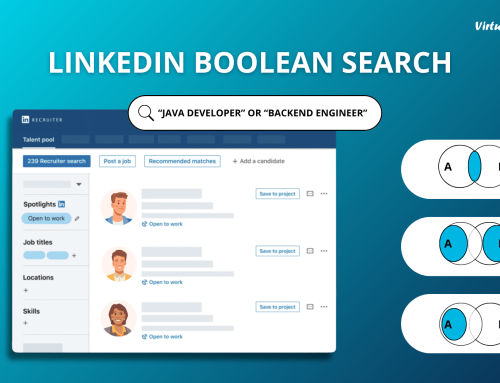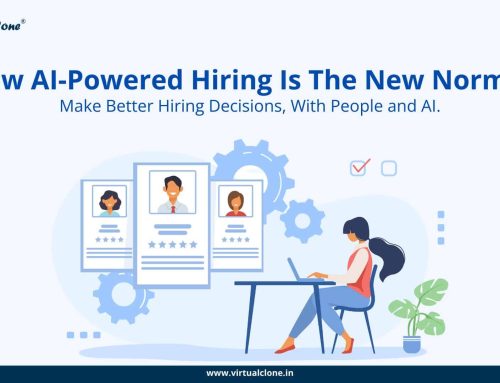Recruiting the right talent is a complex and nuanced process. Even experienced recruiters can make mistakes that affect the quality of hires and overall recruitment efficiency. Here are five common mistakes recruiters often make while hiring:
1. Relying Too Heavily on Gut Instincts
Mistake: Making hiring decisions based primarily on intuition or first impressions rather than data and thorough assessments.

Impact: This can lead to unconscious bias, overlooking qualified candidates, and making decisions that aren’t based on objective criteria. It can also result in hires who don’t align with the company’s needs or culture.
Solution: Implement structured interview processes, use standardized evaluation criteria, and rely on data-driven insights to support decision-making.
2. Neglecting to Define the Job Clearly
Mistake: Posting vague job descriptions or failing to clearly define the roles and responsibilities of the position.

Impact: This can attract unsuitable candidates, increase turnover rates, and frustrate both the hiring team and new hires. It also leads to mismatched expectations between the employer and the employee.
Solution: Create detailed job descriptions that clearly outline the job responsibilities, required qualifications, and desired skills. Ensure alignment with the hiring manager and the team to set clear expectations.
3. Overlooking Cultural Fit
Mistake: Focusing solely on technical skills and qualifications without considering whether the candidate fits the company’s culture.

Impact: Hiring someone who doesn’t align with the company’s values, work style, or team dynamics can lead to poor job satisfaction, reduced productivity, and higher turnover.
Solution: Include cultural fit as part of the interview process. Assess candidates’ alignment with company values, work environment, and team dynamics through behavioral interview questions and personality assessments.
4. Ignoring Passive Candidates
Mistake: Focusing only on active job seekers and neglecting passive candidates who might be a better fit but are not actively looking for a job.

Impact: Missing out on high-quality candidates who may be the perfect fit for the role but need to be approached proactively.
Solution: Develop a proactive recruitment strategy that includes sourcing passive candidates through networking, LinkedIn, and other professional platforms. Build relationships with potential candidates even if they aren’t currently looking for a job.
4. Rushing the Hiring Process
Mistake: Hastening the hiring process to fill positions quickly without thoroughly vetting candidates.

Impact: This can lead to hiring underqualified candidates, increasing the likelihood of poor performance and high turnover, ultimately costing the company time and money.
Solution: Take the necessary time to thoroughly evaluate each candidate. Implement a comprehensive recruitment process that includes multiple interview rounds, assessments, and reference checks. Balance the need for speed with the importance of making the right hire.
Avoiding these hiring mistakes can significantly improve your recruitment process, helping you secure top talent and build a stronger team.






